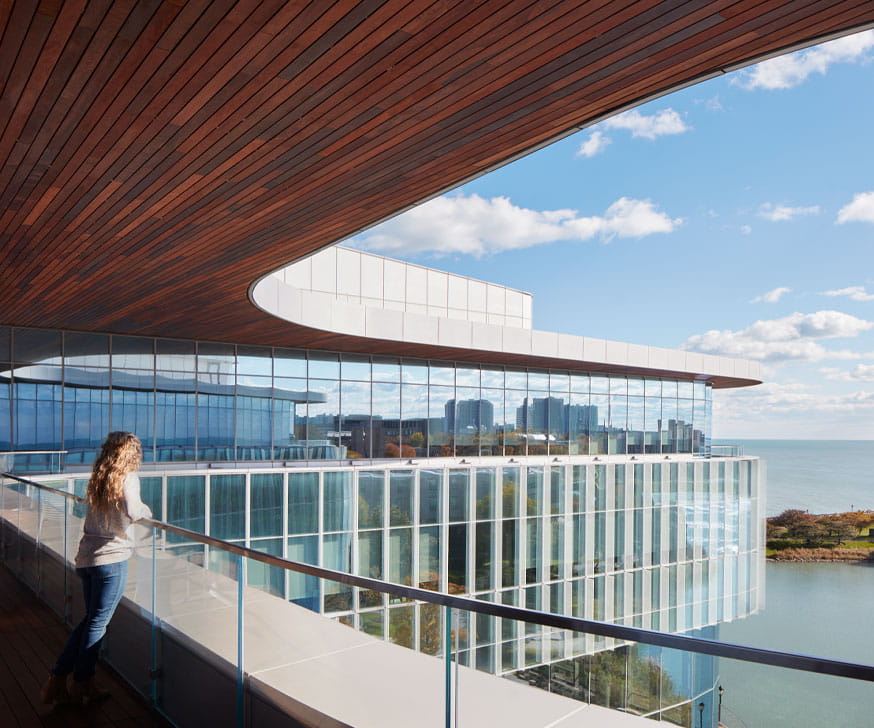The Kellogg School of Management is committed to being a leader not only in business education, but also in environmental protection. As part of its broader mission, the school is taking concrete steps to reduce its carbon footprint and build a more sustainable future.
In collaboration with Northwestern University, Kellogg is pursuing several strategies to achieve this goal, including reducing energy consumption in its facilities. For example, every future Kellogg facility, including the new building currently under construction and scheduled to open in fall 2027, will be built with an all-electric future in mind and designed for maximum energy efficiency.
Measure what matters
As part of its commitment, Kellogg has conducted a regular assessment of its building and corporate emissions to identify additional opportunities for carbon reduction. This approach focused on inventorying Kellogg's Scope 1, 2 and 3 emissions.
Scope 1 includes direct greenhouse gas emissions from sources such as natural gas consumption, vehicle fuel combustion and refrigerant leaks. Scope 2 emissions include greenhouse gas emissions from the generation of purchased energy – particularly electricity, steam and cooling. Kellogg's commitment to Scope 1 and Scope 2 emissions is to achieve carbon neutrality across all of its operations by 2030.
Scope 3 emissions capture the broader and often less visible impacts of school operations. This includes, among other things, the carbon footprint of purchased goods and services, construction and construction materials, operational waste and the commuting and travel routes of teachers and students. Kellogg sets two Scope 3 emissions targets, which account for the largest share of Kellogg's greenhouse gas emissions:
- Work with the five suppliers that contribute the most to Scope 3 emissions to improve their data quality and reduce emissions.
- Achieve a 15% reduction in food-related emissions by 2030.
“We work to ensure that our impact on the environment reflects the values we teach – that business leadership means taking responsibility for the common good and making positive change beyond the classroom,” Dean said Francesca Spanelli.
View the greenhouse gas inventory results here.
